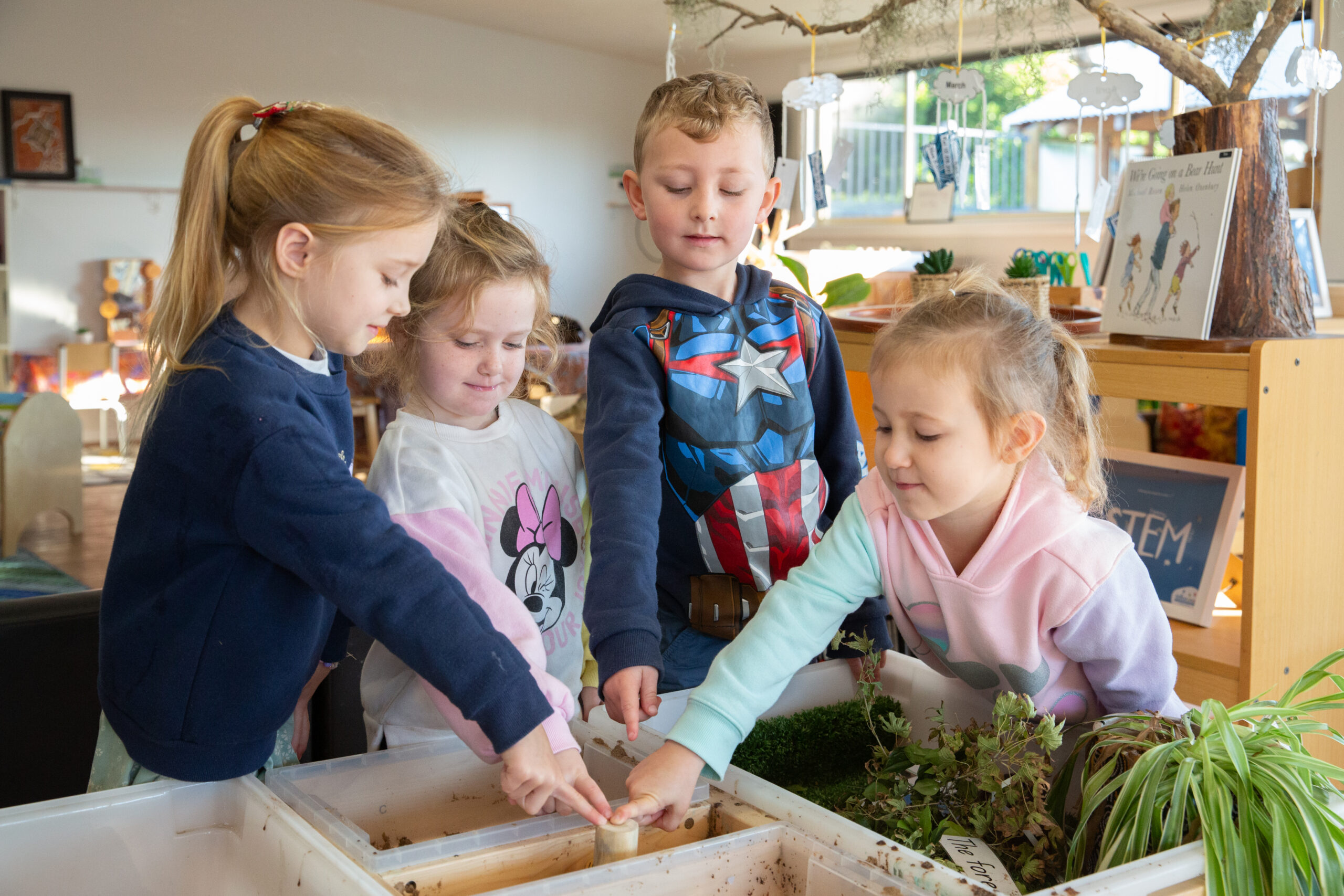
At Milestones Early Learning, we believe that kindness is more than just good manners. In our centres throughout Australia, we create an environment where children learn to express kindness and empathy daily - it’s the foundation for building strong friendships, developing emotional intelligence, and creating a sense of belonging. For young children, learning to be kind isn’t just about saying “please” and “thank you”; it’s about understanding emotions, practicing empathy, and building positive connections with others.
Research shows that social-emotional learning (SEL) in early childhood plays a crucial role in long-term success, both academically and socially. When children are taught kindness from a young age, they develop higher self-esteem, stronger friendships, and better emotional resilience. But how can we nurture this quality in our little ones? Let’s explore how we can teach young children the joy of kindness and make it a natural part of their everyday lives.
Why Kindness is an Essential Life Skill
Science backs up what we already know, kindness matters. Studies have shown that children who engage in kind and cooperative behaviours tend to develop better communication skills, are more resilient in social settings, and even perform better academically.
A report from the Harvard University Center on the Developing Child highlights that early social-emotional development, including empathy and kindness, lays the groundwork for positive mental health and well-being throughout life. Teaching kindness isn’t just about shaping “good” behaviour; it’s about setting children up for a future where they can navigate relationships, solve conflicts peacefully, and feel confident in their ability to contribute to the world around them.
But kindness isn’t something we’re born with, it’s something we learn. That’s why modelling kind behaviour and creating opportunities for children to practice kindness is key in the early years.
Fun Acts of Kindness for Kids at Home and in Childcare
The best way to teach kindness is by showing, doing, and celebrating small acts of generosity. Here are some fun and easy ways to nurture kindness in young children:
At Childcare:
- Sharing is caring – We encourage children to share toys, take turns, and help their friends.
- The kindness jar – Have a jar where educators and children add a note every time they witness an act of kindness. Read them out at the end of the week to celebrate positive behaviour.
- Helping hands – We encourage little ones to help pack away toys, set the table for meals, or comfort a friend who is upset.
- Kindness role-playing – Act out different scenarios where children can practice offering help, using kind words, or showing gratitude.
At Home:
- Kindness crafts – Make “thank you” cards for family members, neighbours, or teachers.
- Baking and sharing – Let kids help bake cookies or make snacks to share with a friend or family.
- Caring for pets and plants – Taking care of a pet, watering plants, or feeding birds teaches children to be gentle and responsible.
- Smiling and complimenting – Encourage kids to smile at people, say hello, and give compliments. Even the smallest gestures can brighten someone’s day!
By making kindness fun and interactive, children learn that small actions can have a big impact.
How Kindness Boosts Self-Esteem, Friendships, and Emotional Wellbeing
When children experience kindness, whether by giving or receiving it, it triggers the release of “feel-good” chemicals like oxytocin and serotonin. This helps them feel happier, more connected, and more secure in their relationships.
How kindness benefits young children:
- Boosts self-esteem – When children help others, they feel a sense of accomplishment and confidence.
- Strengthens friendships – Kids who practice kindness are more likely to form deeper, more meaningful connections with their peers.
- Encourages positive behaviour – Being kind fosters a sense of responsibility and empathy.
- Reduces anxiety – Studies suggest that practicing acts of kindness helps lower stress and increases overall emotional well-being in young children.
Encouraging kindness helps create a more supportive, friendly, and inclusive environment, where children feel valued and understood.
Storytime Picks: Books That Encourage Kindness
Reading is one of the best ways to introduce children to the concept of kindness. Books help them see examples of kindness in action and allow for meaningful discussions about emotions and empathy. Here are a few favourites that can inspire kindness:
- Have You Filled a Bucket Today? by Carol McCloud – A wonderful book that teaches kids that small acts of kindness “fill up” others' buckets and make the world a better place. Best for kids aged 4-9.
- Be Kind by Pat Zietlow Miller – A simple but powerful story about how even the smallest gestures can have a huge impact. For kids aged 3-6.
- The Kindness Quilt by Nancy Elizabeth Wallace – A fun story that encourages kids to think of kindness as a creative and everyday act. For kids aged 4-7.
- I Walk with Vanessa by Kerascoët – A beautiful wordless picture book that explores standing up for kindness and friendship. For kids aged 4-8.
These books are great conversation starters and encourage children to see the importance of kindness in everyday life.
Final Thoughts: Encouraging Kindness Every Day
Teaching kindness to young children is one of the most valuable lessons we can share. Find a Milestones Early Learning centre near you and see how we foster kindness every day! At Milestones, we are committed to creating environments where kindness is celebrated, encouraged, and practiced every day.
By modelling kind behaviour, engaging in simple acts of generosity, and incorporating books and activities that reinforce kindness, we can help children grow into compassionate, caring individuals.
So why not start today? Challenge your child to one act of kindness every day this week, and see how much joy it brings!
